Alumni
When we say IIRP alumni are change agents, we know what that really means.
It’s that they are so knowledgeable and compassionate upon graduation they can see things no one else does and walk into situations with the answers. Our alumni understand that for real change to happen, it has to come from a vision and responsibility that's shared by all stakeholders.
Our alumni can walk into a room and ask the right questions, employing a reliable process that engages people in the right conversations. They know that this process will help everyone discover answers together, and that these answers have a better chance of enduring when the going gets tough.
Working in underfunded schools or economically disadvantaged communities, our alumni are skilled in helping children and adults not just speak up against something, but find a way to stand together, discover their power and resources and create positive change.
In courts and probation settings, alumni work with individuals who have been harmed, those that cause the harm, and those who have been impacted by others’ crimes to foster empathy and identify what needs to change to keep people safe and make things right.
In business settings and political arenas, our alumni know how to model constructive and honest conflict, build relationships and develop the social capital to hold people accountable for their actions and achieve results.
Benefits for Our Alumni
- Free Trainings of Trainers (one free session for each event, normally $1,995 each) to help alumni bring restorative practices training to their organization or locale
- Master of Science degree alumni may enroll in additional courses or pursue our Thesis Option at the current admitted student tuition price
- 15% registration discount for World Conferences
- Invitations to alumni gatherings and events
- Professional support and job postings on the alumni Facebook page and Graduate School Community LinkedIn group
- Lifetime subscription to Restorative Works Magazine
- Free transcripts for life (request through your student portal)
Alumni Spotlights
Ivelisse Cotto '24
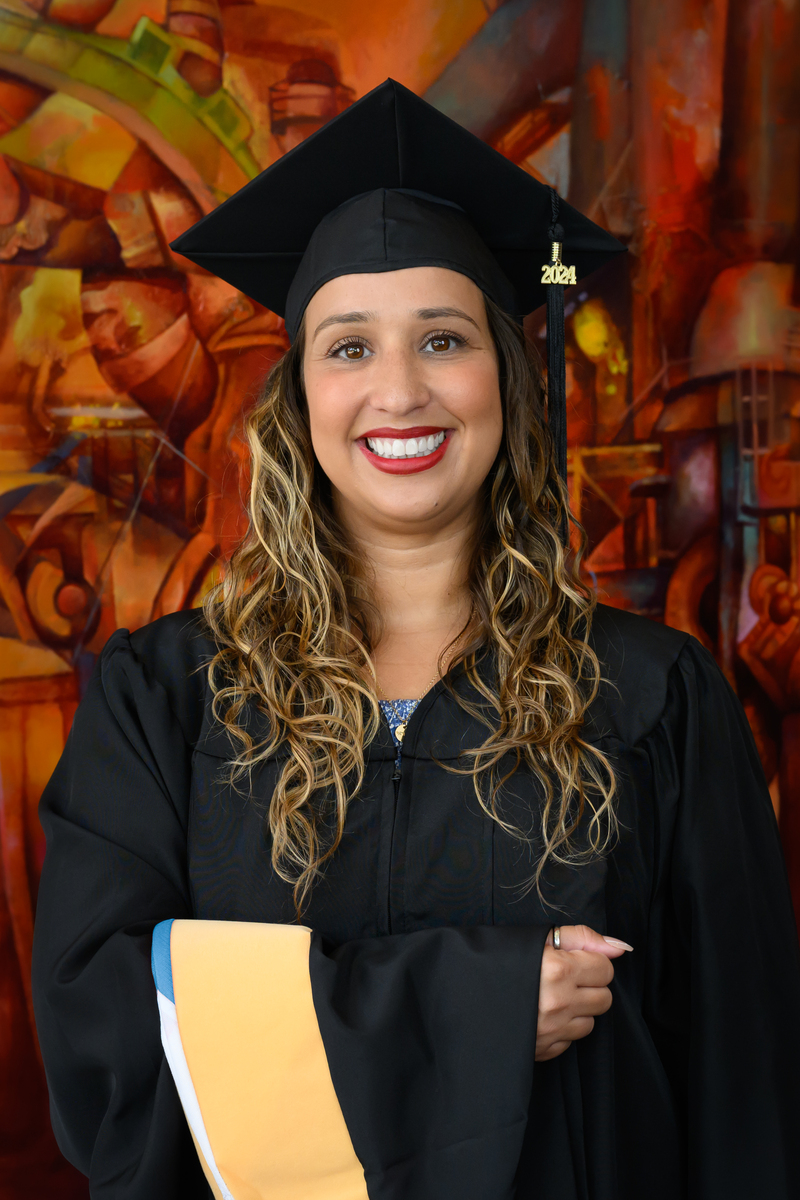
Cultivating Caring Communities
Ivelisse Cotto is the Dean of Discipline at Chicago Public Schools, where she navigates the challenges of championing restorative practices in a historically punitive school system. She uses circles to build relationships with her students and their parents, offering a listening ear to weary caregivers and working with them to find solutions. As a recent graduate of our degree program, she shares her reflections on the impact earning her Master of Science in Restorative Practices has had on her professional and personal life.
Chiye Fox ’24

Living a Life of Compassion
Chiye Fox is a Juvenile Probation Counselor at the Department of Juvenile Services in Baton Rouge, Louisiana. In her role, she is dedicated to supporting youth who have experienced trauma. Chiye utilizes her education in restorative practices to face the challenges of technology and leans into the importance of self-reflection and self-care as a professional. As a recent graduate of our degree program, she shares her reflections on the impact earning her Master of Science in Restorative Practices has had on her professional and personal life.
Steve Fiedeldey '23

Blending Education and Mental Health
Steve Fiedeldey grounds his work in restorative practices at the crossroads of education and mental health to address issues that influence all facets of society. Steve currently works as a Director of Special Services in the Franklin Lakes School District, where he leverages restorative practices to support educators in providing the highest level of connection and care for students and families. In addition to his role at the school district, Steve is the founder of Fiedeldey Consulting, which stands as a pillar of support against America's mental health epidemic. Steve and his team utilize restorative practices to influence curriculum, instruction, proactive screening for mental health struggles, and evidence-based intervention in schools.
Roshelle Sparman-Small '24
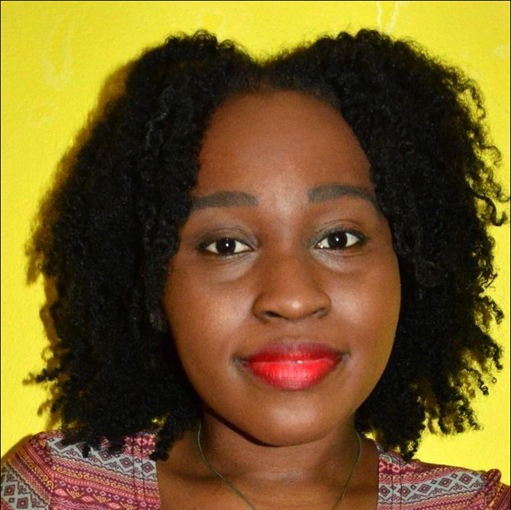
Turning Passion into Global Impact
Roshelle Sparman-Small, current IIRP student and Impact Scholar recipient, has seen first-hand the inequities that exist in many poorer areas of the world when it comes to understanding and navigating legal systems. As an attorney admitted to the bars of Guyana and Barbados and co-founder/co-owner of Sparman and Small Virtual Advice Service, a pioneering an online startup law-tech firm, she is actively seeking to change that.
Jonathan Shenk '24
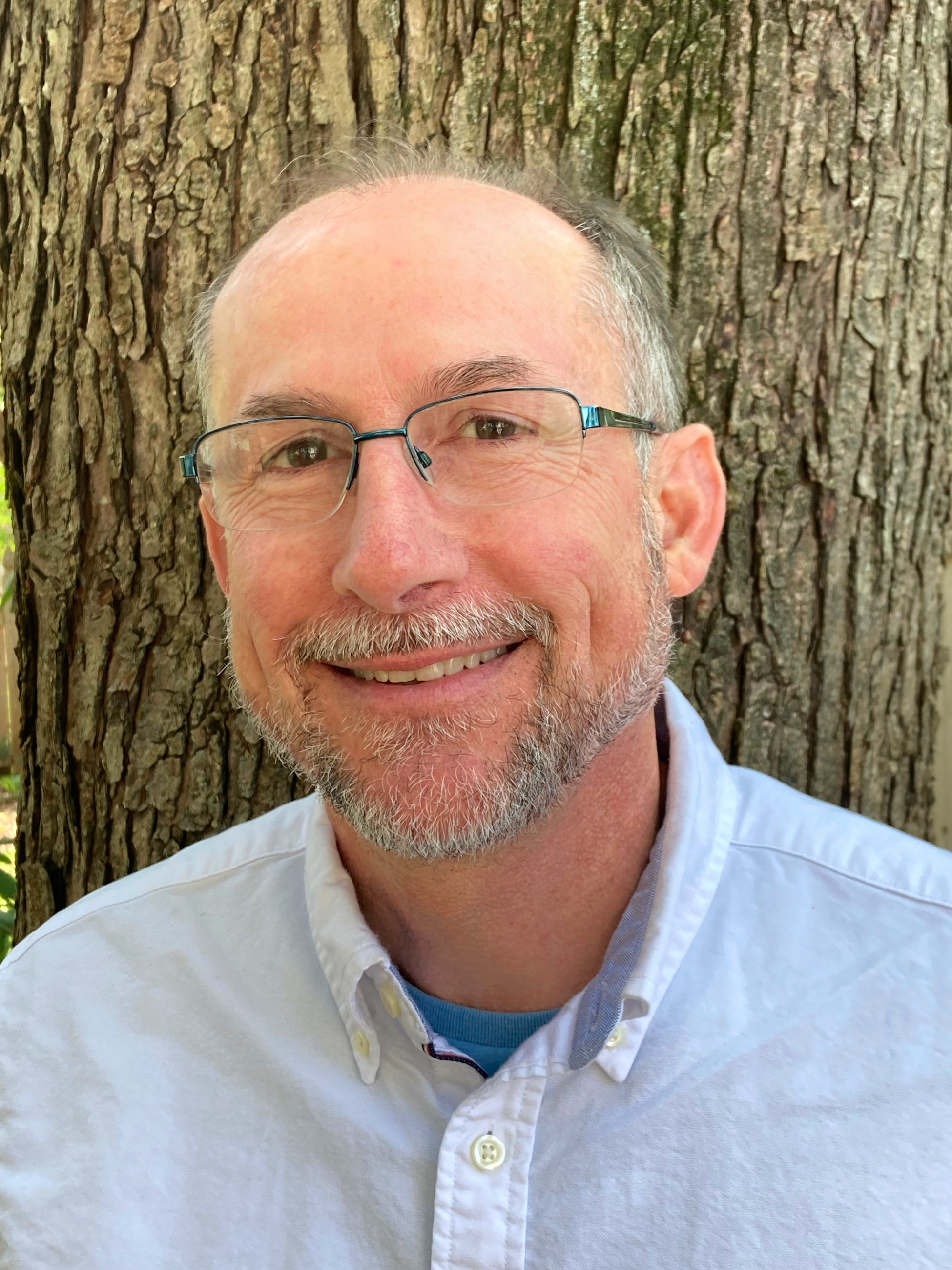
Living Restorative Practices and Supporting Communities
Jonathan Shenk is serving his community as a small business owner and a Presbyterian minister. His education at the IIRP is helping inform his practices in both roles, which he will continue to develop and carry out after graduation. Through creating a sense of belonging for his employees and providing opportunities for new entrepreneurs, Jonathan embodies the principles of living restoratively each day.
Alistair Goold '24
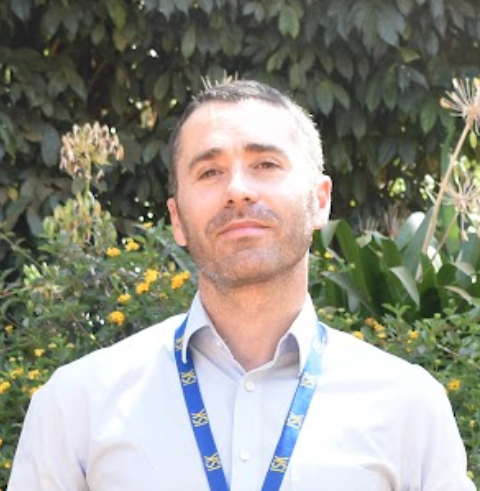
Building Global Restorative Curricula
Alistair Goold is a high school social science teacher and Grade 11 (G11) Leader at the International School of Kenya. He teaches the International Baccalaureate Diploma Program (Global Politics and Theory of Knowledge) to G11 and G12, as well as social sciences to G10. Currently enrolled in the IIRP Graduate School, he is no stranger to restorative practices and has brought this work into his teaching roles around the world.
Trio! Harris ’23
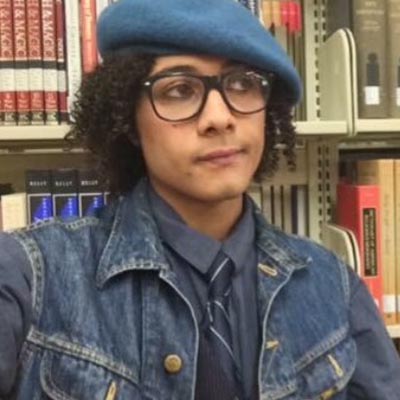
Creating Spaces for All Identities
Trio! is a consultant, coach, conflict mediator, and instructor at the IIRP. They currently work with the Oakland Unified School District (OUSD) as a Community School Manager. When not with the IIRP or OUSD, they are a conflict mediator, conflict coach, and Restorative Justice Practitioner with Seeds Community Dispute and Seeds Community Resolution Center in Berkeley, CA.
Rick Kelly '15
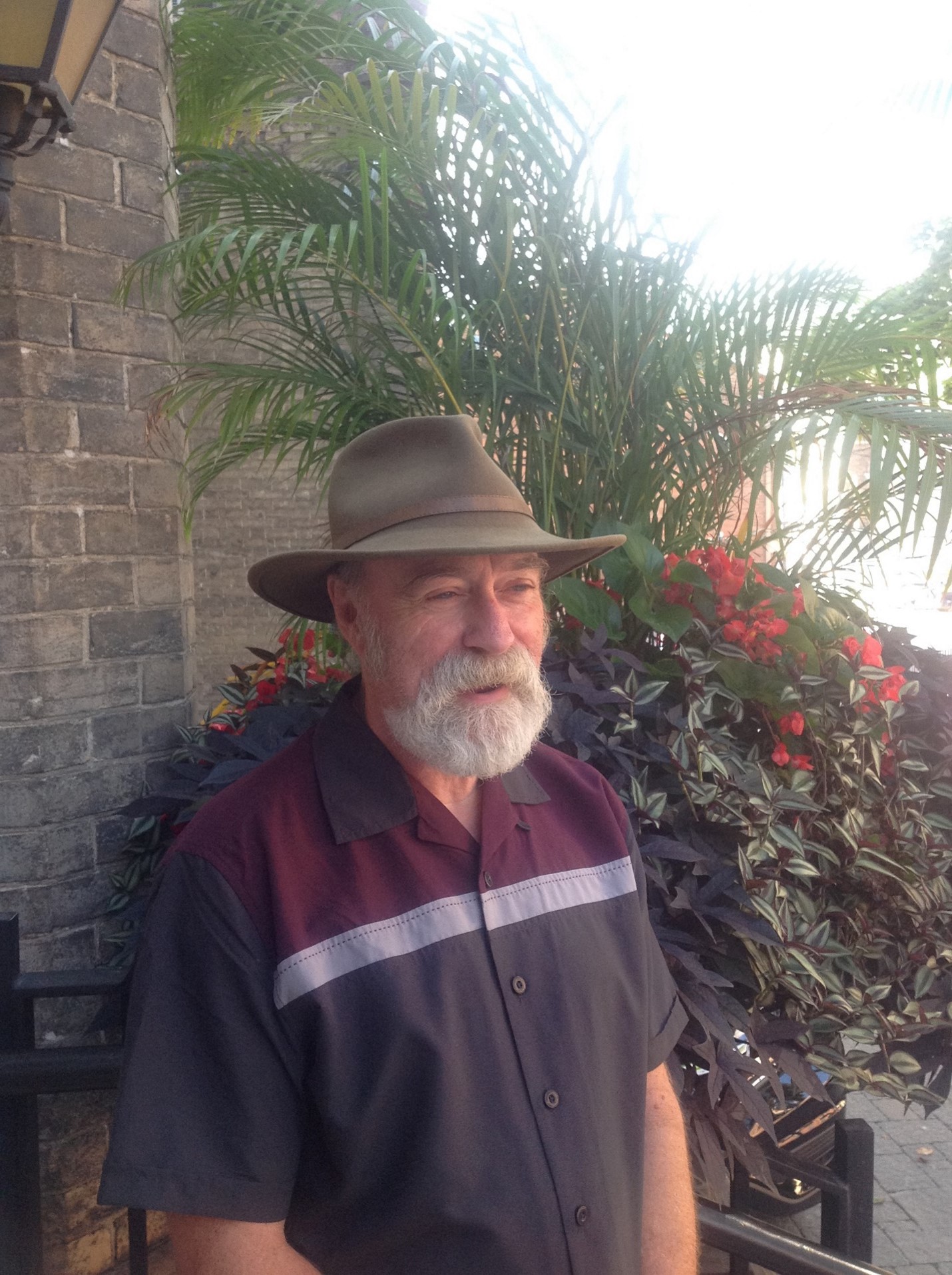
Cultivating Partnerships and Pathways
Rick Kelly is a 2015 graduate of the IIRP and executive director for Just Us: A Centre for Restorative Practices based in Tottenham, Ontario, Canada. He provides training, curriculum development for colleges and non-profits, and consulting in organizational development and renewal for the youth- and adult-serving sectors. This work takes place on a local, regional, and international scale.
Wendy Schaetzel Lesko ’18
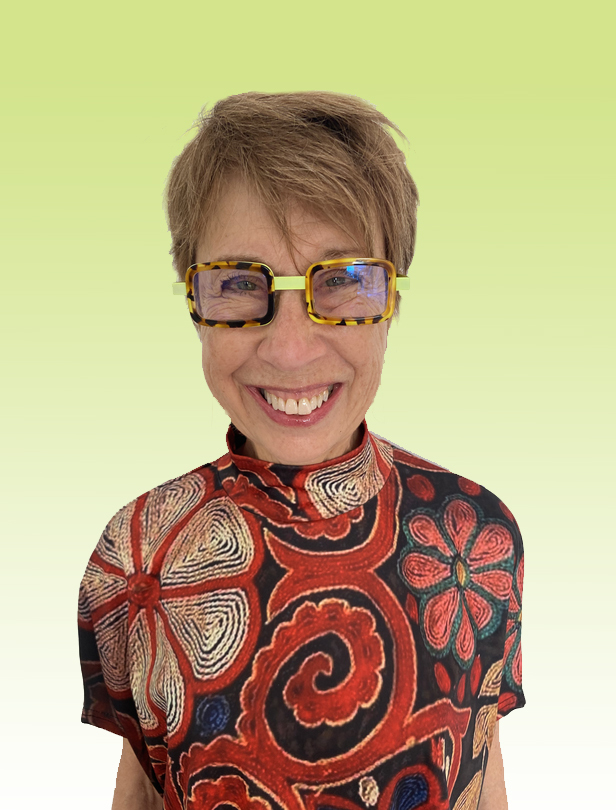
Bringing Youth Voice Into Important Spaces
Wendy Schaetzel Lesko is the co-founder of Youth Infusion and Youth Activism Project, organizations dedicated to bringing youth voice and participation into collaborative spaces in government, workplaces, and communities. Wendy is the co-author of six books, including Why Aren’t We Doing This! Collaborating with Minors in Major Ways. She has given hundreds of presentations from TEDxYouth to the U.S. State Department International Visitors Leadership Program.
Bonnie Winfield, Ph.D.
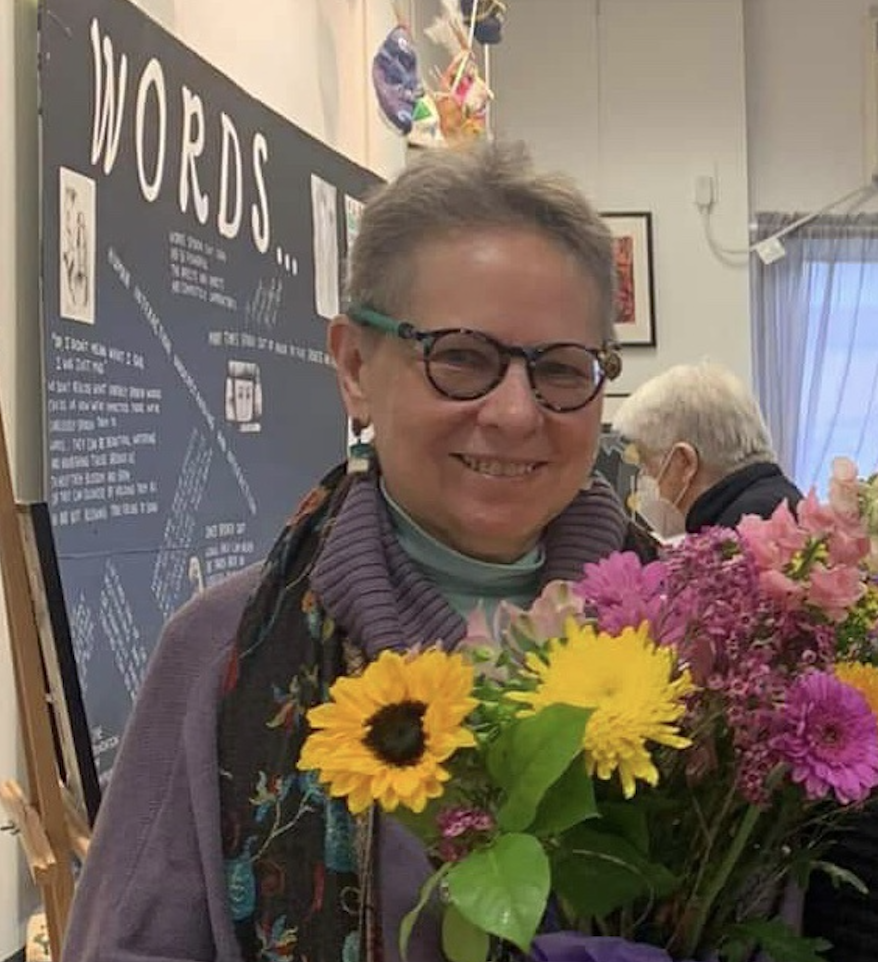
Using Expressive Arts to Heal and Transform Trauma
Bonnie Winfield, Ph.D. is an expressive arts facilitator and educator working to provide a safe space with listening circles for individuals healing from trauma for over three decades. After completing her Doctor of Philosophy at Syracuse University, she served as a faculty member and administrator at several higher education institutions while further continuing her training at Marywood University. She later enrolled at the IIRP and completed her Master of Science in 2017. She is now operating a community arts studio, The Journey Home, and serves as the director of a reentry program for women who are and have been impacted by the criminal justice system.
Gregg Sheiner '20
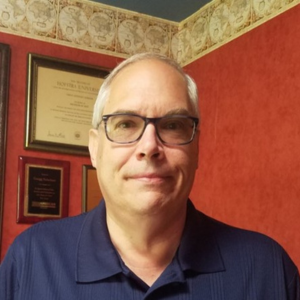
Turning Student Voice into Change
Gregg Scheiner is a Mediator, Trainer, and Training Coordinator for the Education and Assistance Corporation in New York. Through this work, Gregg discovered the IIRP Graduate School and began his journey using restorative practices in his conflict resolution and mediation work. Gregg completed the requirements for a Graduate Certificate in Restorative Practices and went on to earn his M.S. at the IIRP Graduate School. After graduation, Gregg utilized restorative practices with a local school district to coordinate a campaign against vaping. This process created change and sparked an initiative among students that will continue to carry on far beyond the initial reaches of the circle, radiating change throughout an entire school.
Stacey Sharp '18
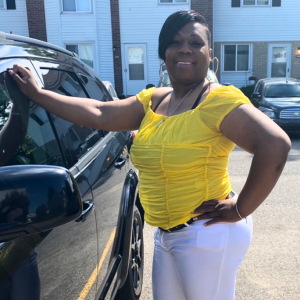
Creating Tangible Results for Students and Teachers
Stacey Sharp is a restorative practices trainer and coach working with students, teachers, and families to reduce harm. Stacey spent several years in a K-12 education setting as a Behavior Interventionist and Family Liaison, integrating restorative practices into her work and healing relationships. After completing restorative practices training, she went on to continue her education at the IIRP Graduate School where she received her Graduate Certificate in Restorative Practices and opened her own coaching practice.
Livie Kleinow ’23
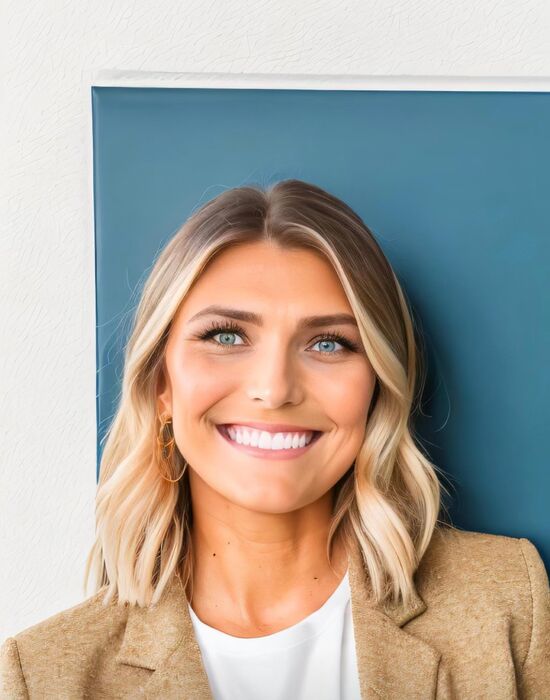
Living Restorative Practices Outside the Classroom
Livie Kleinow is a restorative practices coordinator whose work is to build, strengthen, and repair relationships at an elementary school in Michigan, USA. Her professional journey began with working in a prison system utilizing restorative justice. Through this work, she realized the importance and impact of proactive relationship building and changed career paths. Today she is working with young people to bring restorative practices to early education.
Garolyn Claudia Cornelius Hector ’21
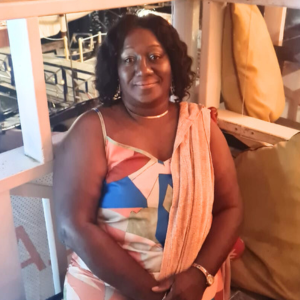
Creating Restoration and Peace
Garolyn Claudia Cornelius Hector is an experienced counselor, educator, and civic employee in various roles of government in Antigua and Barbuda. Amid her career in education and criminal justice, she discovered restorative practices while managing a residential rehabilitation center for juveniles. Since earning her Master of Science in Restorative Practices, Garolyn serves as a senior probation officer and sits on the local coordinating committee for juvenile justice reform in her community. She further promotes restorative practices through training and consulting with United Nations International Children's Emergency Fund (UNICEF) and Organization of Eastern Caribbean States (OECS).
Lynne Lang, M.S.
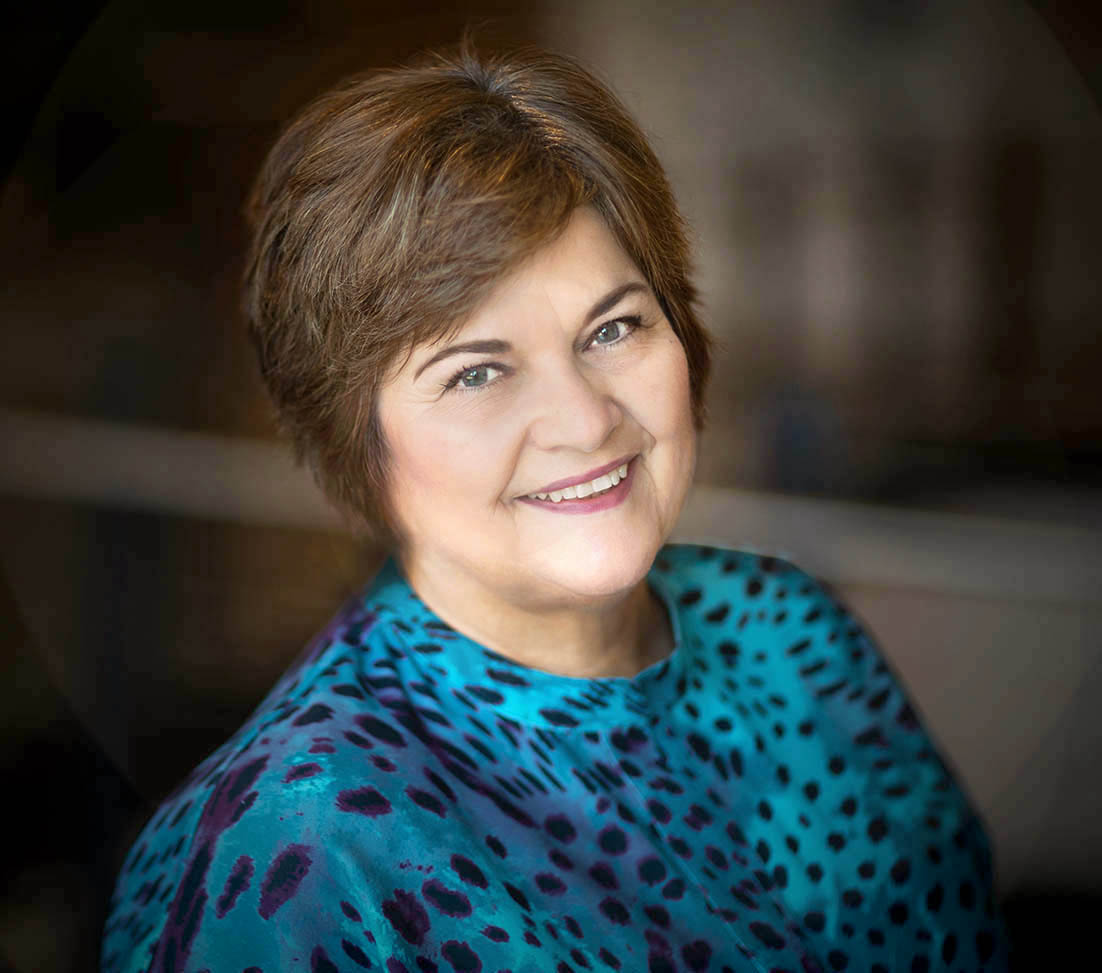
Transforming Communities Around the World
After decades of working in public health managing community coalitions and developing school health and safety curriculum, Lynne Lang decided to shift her career. This work led her to the IIRP, where she graduated with her Master of Science in Restorative Practices in 2018, leading her to form a non-profit spreading her work around the world.
Keisha N. Allen, D.Min.
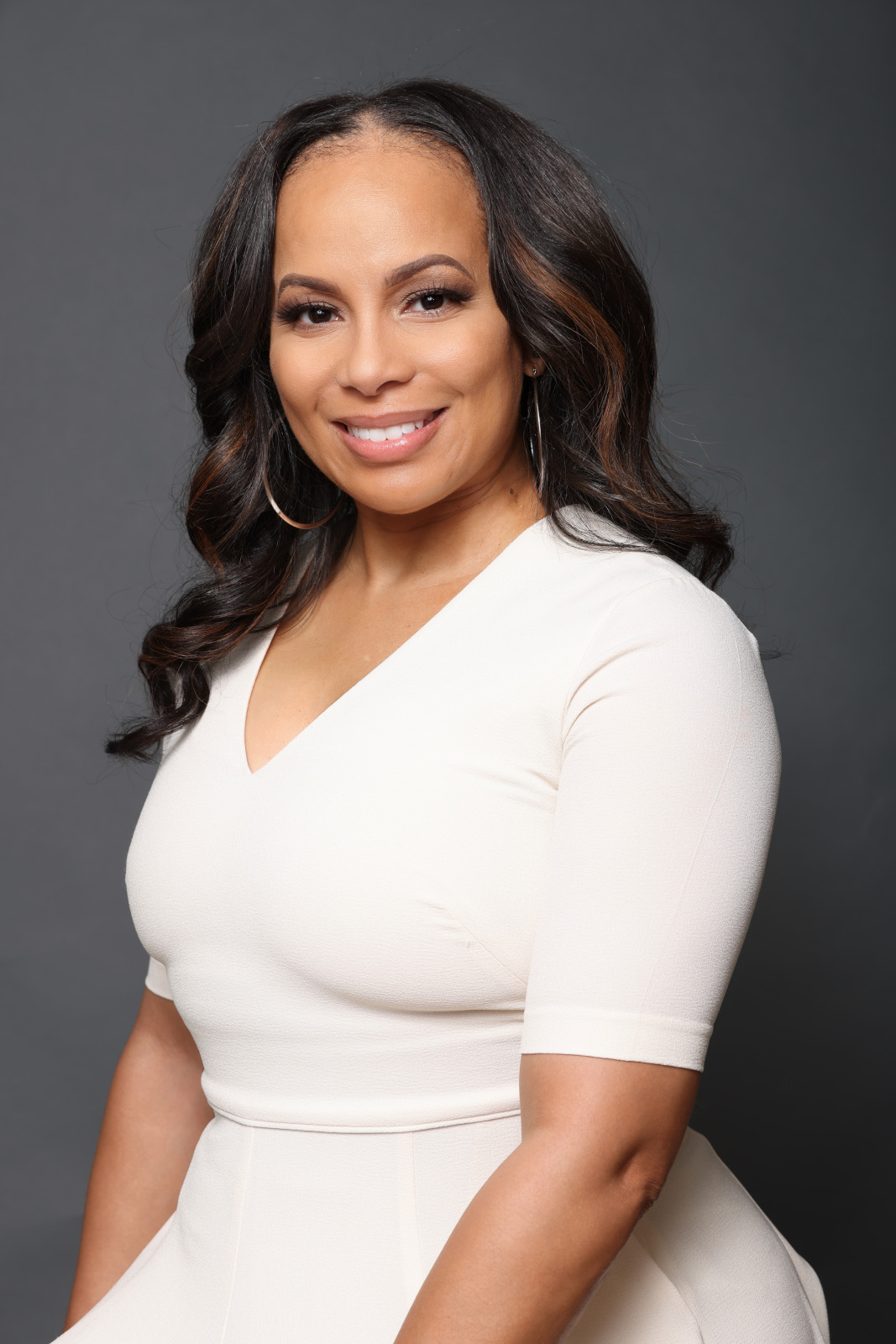
Inspiring Change Through Families and Communities
With a mission to restore civil societies, Keisha Allen knew she was looking for a unique educational experience. After participating in an IIRP continuing education event, she was drawn to working with the restorative practices framework. Today, Keisha serves as the Executive Director of Black Family Development Inc.’s Training Institute (BTI) in Detroit, Michigan, a subsidiary of Black Family Development Inc., who will be partnering with the IIRP to host the 2023 World Conference.
Arti Mohan

Arti Mohan, a 2019 IIRP alumna and 2018 recipient of the Shawn Suzch Scholarship, is the Restorative Justice Program Officer at the Counsel to Secure Justice (CSJ) in India. Her work involves providing healing and pathways to justice for communities affected by gender-based harm and includes training in restorative circles across the country. Arti also serves on the Value and Standards Committee of the European Forum for Restorative Justice where she helps design restorative practices implementation training for governmental stakeholders and civil society stakeholders.
Scott Krumsee
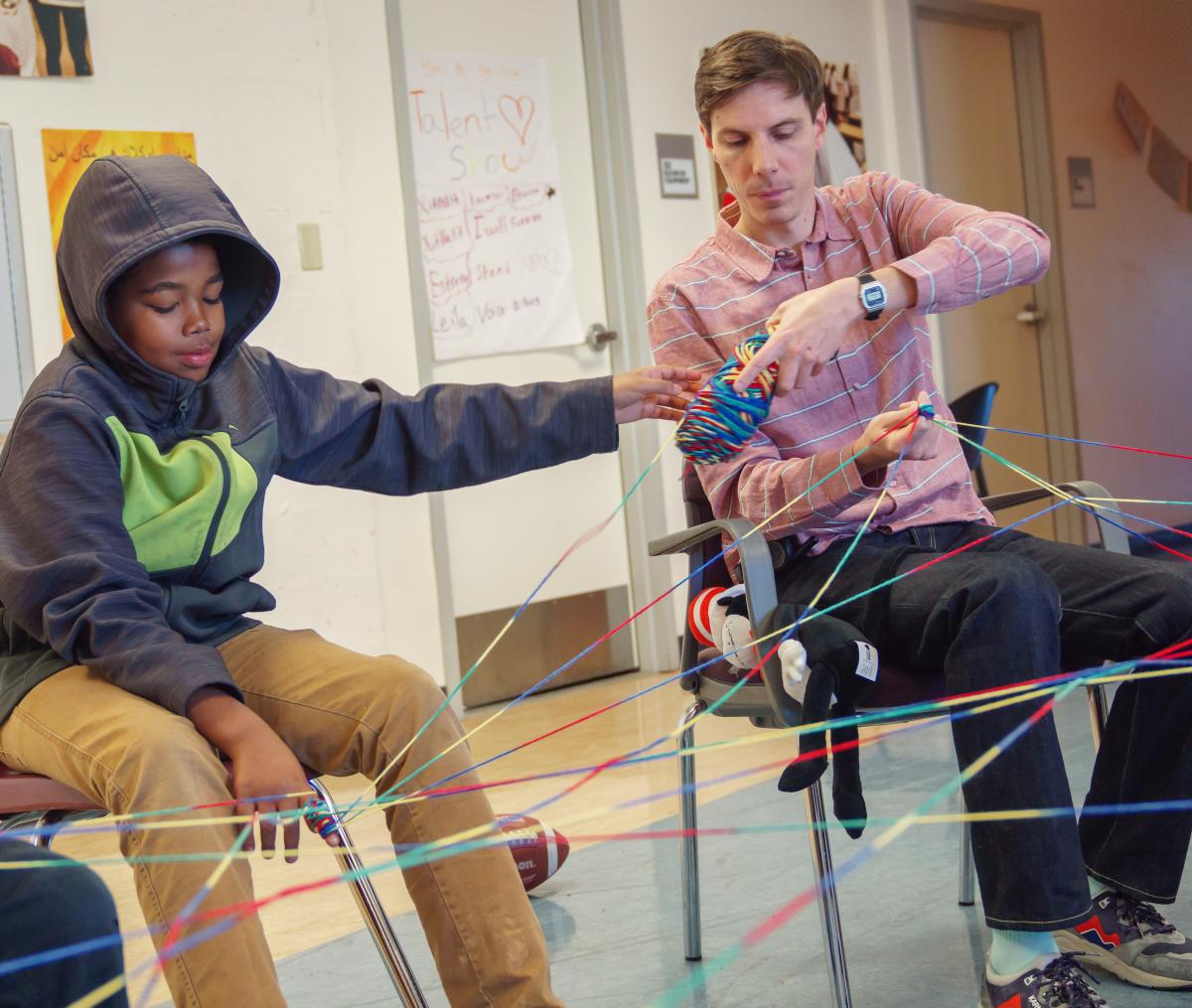
Healing the Impact of Gun Violence
A restorative practitioner at a West Oakland (California) Middle School, Scott says the most important thing is giving students more power and voice. In this multi-cultural setting where all students are eligible for free or reduced lunch, Scott uses practices like community-building circles and cooperative games to make this happen.
Ivan Madriz
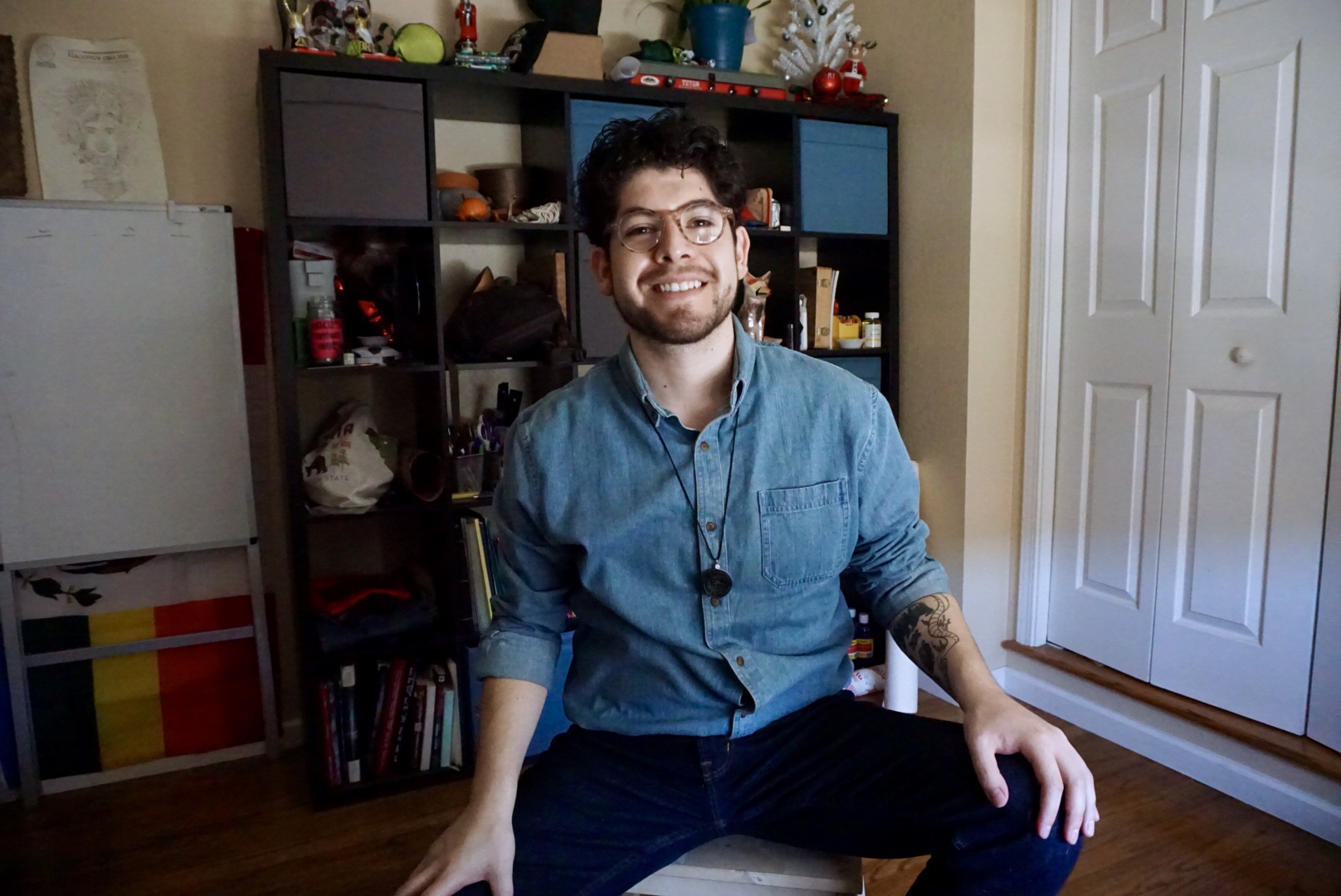
Supporting the Emotional & Mental Health of Children
At age 25, Ivan Villaseñor Madriz has been involved in restorative efforts for 10 years. He is currently the Social Services Coordinator for the San Francisco field office of KIND (Kids in Need of Defense), the leading national organization advocating for the rights of unaccompanied migrant and refugee children in the United States. He is also a 2022 graduate of the IIRP and the 2020 Impact Scholarship awardee.
Michelle Jarrouj-Weaver
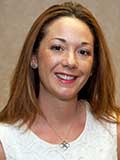
Class of 2013
Multi-System Therapy (MST) Supervisor
Allentown, Pennsylvania
Michelle Jarrouj-Weaver was working with delinquent and at-risk adolescents and wanted to further her career and enhance her practice. She felt instinctively that merely punishing young people wasn’t the way to help them change. “Instead of telling them they did wrong, you need to hear them out, let them think about what they did and learn from it.”
Tom Albright
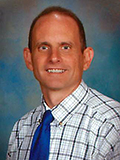
Class of 2015
Pastor, Community Leader
Allentown, Pennsylvania
Tom Albright already had a master’s degree and a seminary ministry certificate when he read the IIRP Graduate School’s brochure. He thought their philosophy and goals might help him be more effective in his community. Now everything in his work and life is shaped by the principles of restorative practices.
Keisha Martinez

Class of 2017
Music Therapist — Prisons, Juvenile Detentions Centers & Orphanages
Trinidad & Tobago
Working in challenging settings in her home country of Trinidad & Tobago, Keisha Martinez needed to supplement her practice as a music therapist. Restorative practices have provided the missing piece, enabling her to effectively address the most difficult situations.
Kameelah Rashad
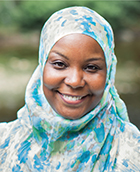
Class of 2011
University of Pennsylvania Interfaith Fellow for Spirituality, Wellness and Social Justice
Nonprofit Founder & President
Philadelphia, Pennsylvania
Kameelah Rashad is working to bridge differences between people of diverse cultures as the Interfaith Fellow for Spirituality, Wellness and Social Justice at the University of Pennsylvania.
Tami Ritter
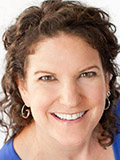
Class of 2010
Director of Family Court Services, Glen County, California
Supervisor, Butte County, California
Tami Ritter was an administrator working in offender treatment services and felt a disconnect between the way the program was run and the people it served. “Everything was being done to them, and it was obvious they felt like the victims,” explains Tami. She realized that this prevented from them taking accountability for their actions.
Jessica Zimmerman
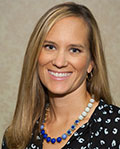
Class of 2014
High School English & Leadership Teacher
Maple Shade, New Jersey
After earning a master’s in Educational Leadership and passing the administration PRAXIS, Jessica Zimmerman’s goal was to become a school administrator. “However, I knew that I needed something to set me apart from other potential administrators,” she says. “Restorative practices was the way for me to improve my leadership skills while also creating an inclusive classroom community.”
